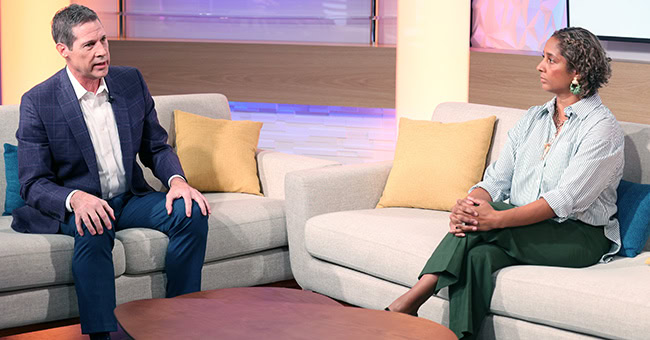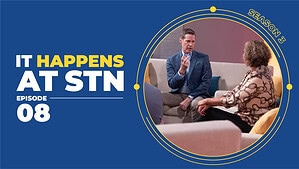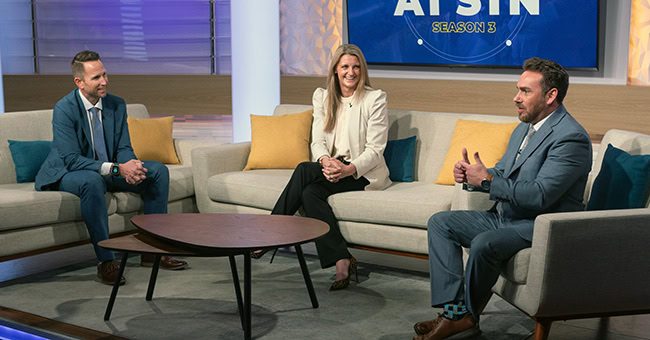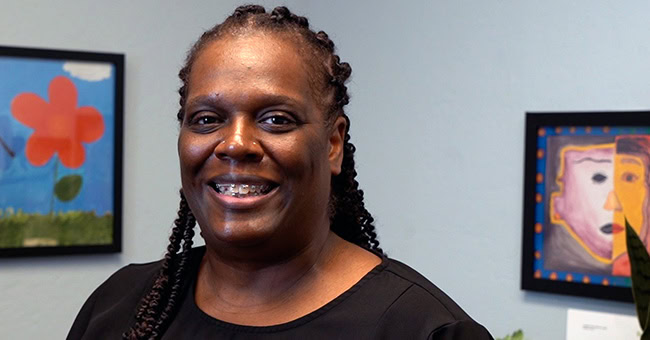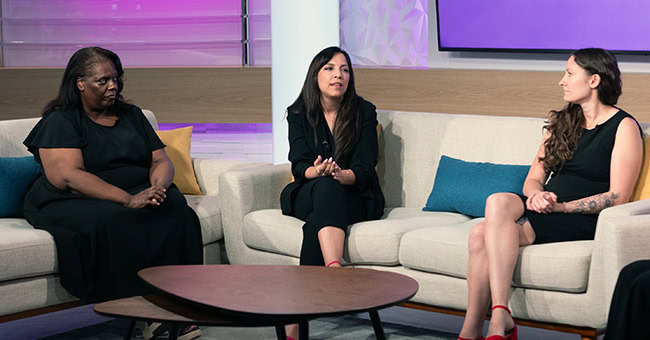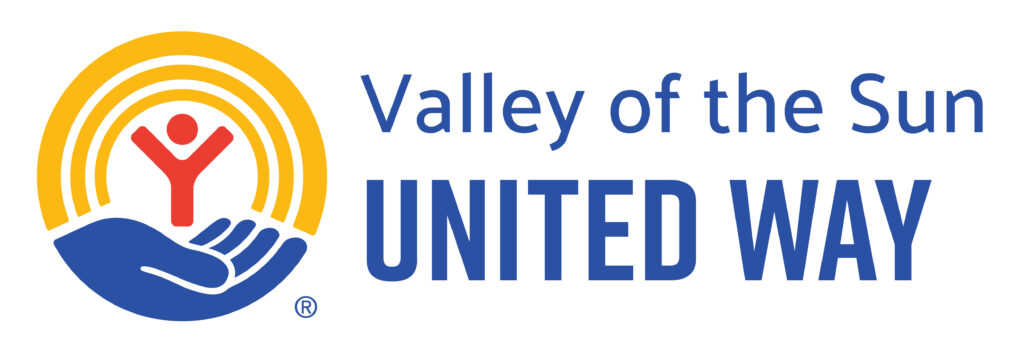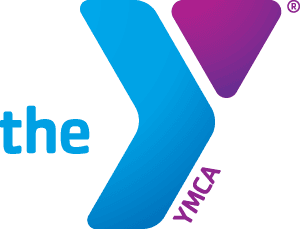PHOENIX (STN) – In leadership, uncertainty isn’t a possibility – it’s a guarantee. And, when it comes, leaders don’t have the luxury of panic.
The latest episode of ‘It Happens at STN’ tackled this reality head-on with UMOM CEO Jackson Fonder and COO Monique Lopez. They shared how leaders can manage unexpected crises while staying disciplined in their strategic vision.
The conversation opened with a recent, real-world challenge: UMOM faced a sudden federal funding freeze that temporarily locked them out of critical financial accounts. It was a moment that could have sent any organization spiraling, but as Fonder put it, “The mission doesn’t stop, right? It continues because we’re working with real people.”
Lopez agreed and emphasized that moments of crisis require emotional discipline.
“You’ve got five emotional minutes,” she said. “Then it’s back to work.”
When dealing with risk and the potential for a worst-case scenario, Lopez and Fonder stressed the importance of getting key leadership to assess the situation and coordinate a response. But as Fonder pointed out, the response can’t be solely internal.
“We were really assertive in going to our stakeholders, especially employees and board members,” he said, emphasizing the need for proactive communication. “I didn’t want them to hear about it on the news before hearing it from us.”
He added that systems must be in place to detect small slides before they become crises, and those systems must be routinely practiced.
“If strategy is just carted out a couple of times a year, it’s not worth the paper it’s written on.”
Watch the ‘Leading in the Moment’ Discussion
While crises demand immediate responses, they shouldn’t derail long-term strategies.
“Every organization will face a moment when reality throws a curveball,” Lopez said. “That doesn’t mean you throw out the plan. Staying disciplined and focusing on core priorities keeps you grounded.”
A key to staying grounded, according to Lopez, is focusing on the right data at the right time. She urged leaders to metrics intentionally to drive impact, not just about accountability.
“It’s about learning and making subtle course corrections—raising the pink flag before it becomes a red flag,” she said.
In the end Fonder emphasized the need to simplify responses and build on momentum when possible.
“Look for small accomplishments that keep your team on track,” he concluded. “At the end of the day, the best strategy is the one that works—whether it’s on a napkin or a 15-page document, execution is what matters most.”


